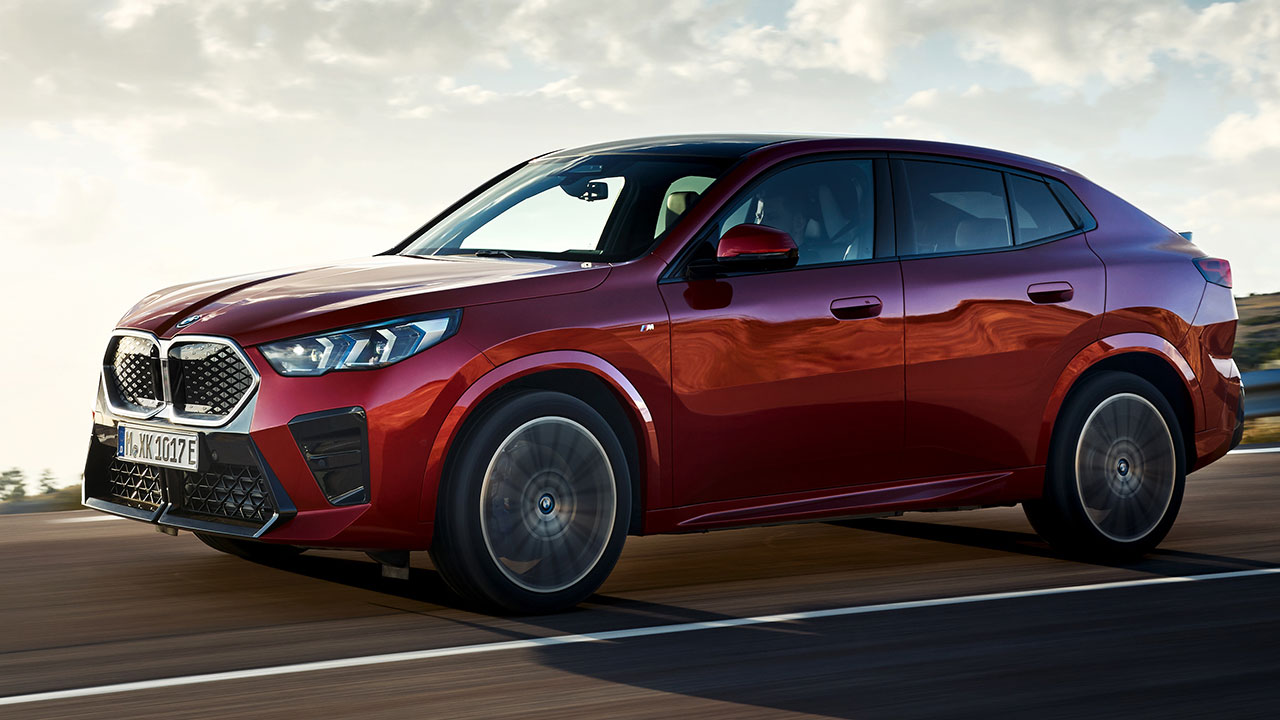In the past year, BMW sold a total of 375,183 BEVs, marking a remarkable 74.4% increase compared to the previous year. This translates to 14.7% of the overall sales volume, closely approaching its 15% goal. Plug-in hybrids, on the other hand, accounted for 190,303 units sold, showing a 13% decrease compared to the previous year and holding a 7.4% market share. When combining both BEVs and PHEVs, BMW achieved sales of 566,486 units, reflecting a 31% year-over-year increase and capturing a 22.2% market share. In the final quarter of the year, BMW delivered an impressive 113,458 fully electric vehicles, marking a substantial 55.4% growth.
In total, BMW reported record-breaking sales of over 2.5 million vehicles in the previous year. The United States experienced the highest sales growth, reaching 9.4%, with sales approaching 396,000 units. In contrast, China saw slower growth at 4.2%, with sales totaling 824,932 units.
In Europe, combined sales of BMW and Mini vehicles reached a significant milestone, totaling 942,805 units for the entire year of 2023, marking a 7.5% increase.
Additionally, BMW's Mini brand observed a notable uptick in sales of Mini BEVs, with the fully-electric Cooper SE selling 45,262 units, representing a modest 3.5% increase. Fully electric vehicles now constitute 15.3% of the total Mini sales for the entire year of 2023.
Among the automaker's premium vehicles, the BMW iX1 and i4 proved to be the top sellers, with the i4 M50 emerging as the best-selling M car. Later this year, BMW plans to introduce its first fully electric touring model as part of the BMW 5 series.
Source: BMW

